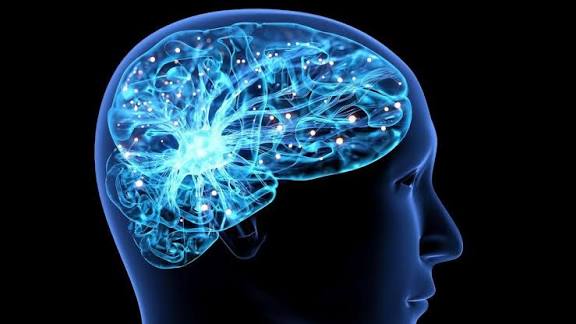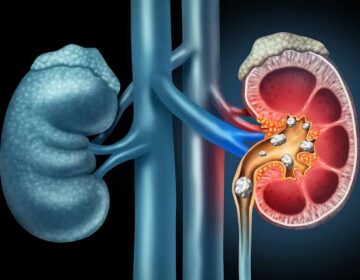The tool uses amyloid PET scans and genetic information and predicts both the lifetime and 10-year risks of developing mild cognitive impairment (MCI) and dementia.
Not only does the tool predict risk, but it can also predict it before symptoms appear.
As people age, their risk of cognitive decline rises. In 2025, about 7 million Americans aged 65 and older have Alzheimer’s disease, and this number is expected to grow.
Mayo Clinic researchers noted that Alzheimer’s begins long before symptoms appear. Using 20 years of data, they developed a tool that predicts 10-year and lifetime risk of cognitive impairment based on brain scans, age, and genetics.
Alzheimer’s disease is progressive, affects cognitive abilities, and is the most common cause of dementia. Early in the disease, “toxic changesTrusted Source” occur in the brain, including amyloid plaques that damage neurons.
There is no single cause of Alzheimer’s, but it is thought to be a combination of genetic, environmental, and lifestyle factors.
Some early signs of Alzheimer’s include:
forgetfulness
misplacing items
mood and personality changes
While there is no cure, treatments like Leqembi (lecanemab) can slow progression and improve quality of life.
There are tests that can identify the biomarkers associated with Alzheimer’s, and the researchers in the current study aimed to go further by predicting a person’s lifetime and 10-year risk of developing MCI or dementia.
Researchers followed more than 5,100 adults ages 50 and older from 2004 to 2024, tracking cognitive changes using a model with four stages: cognitively unimpaired, MCI, dementia, and death.







